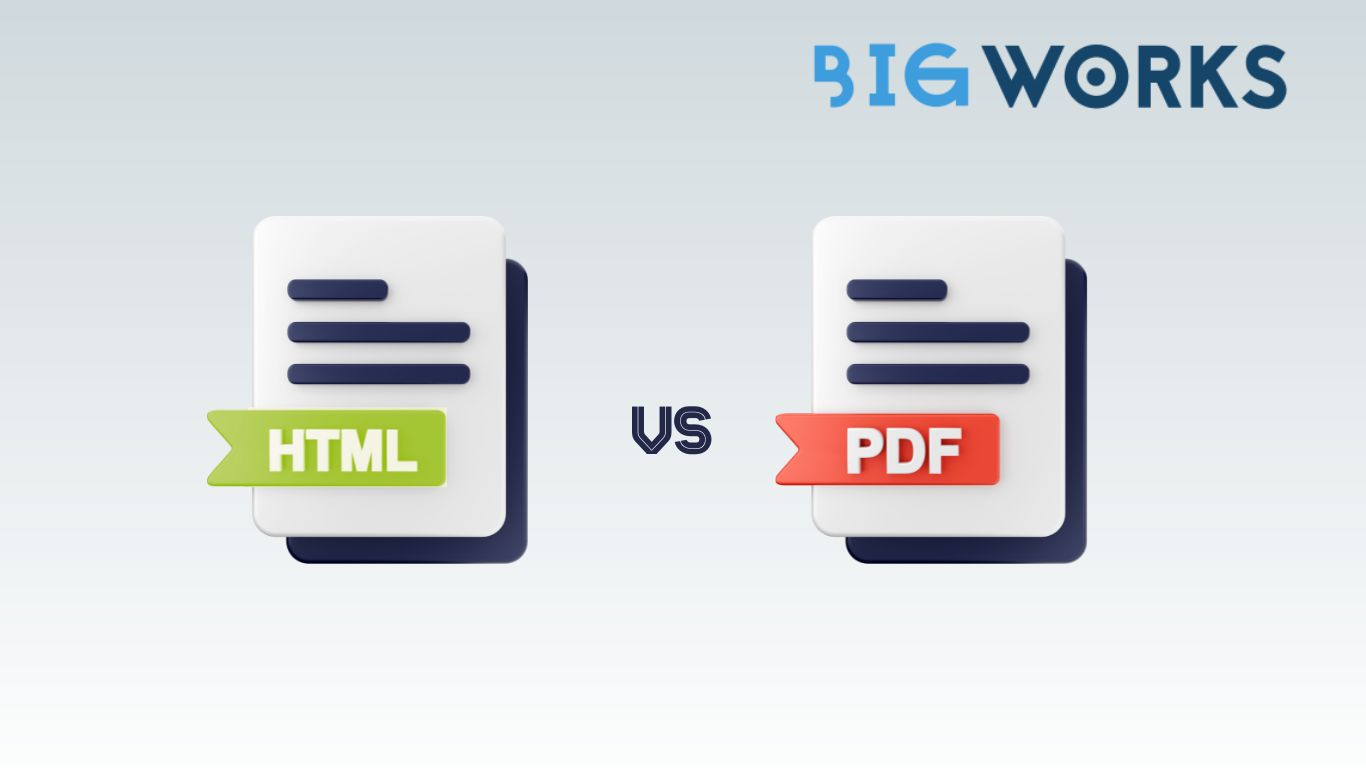What are salesforce communities?
Salesforce Communities represents a platform and suite of tools provided by Salesforce, enabling organizations to establish private online communities for external stakeholders and employees, encompassing clientele, partners, workforce members, and other pertinent stakeholders.
These communities are strategically designed to encourage engagement and facilitate autonomous support delivery within a securely maintained online workspace. It is common practice for enterprises to harness Salesforce Communities as a conduit for building connections with external demographic segments. Key attributes of the Salesforce Communities platform encompass:
- Roles and Permissions: You can define different user roles and assign permissions to control who can access various sections of the community and what actions they can perform.
- Content Management: Communities allow you to share content such as articles, documents, and videos with your community members. It supports knowledge bases, FAQs, and other types of resources.
- Collaboration Tools: Salesforce Communities include collaboration features like discussion boards, forums, and chat capabilities that enable members to interact with each other and with your organization’s representatives.
- Integration: Communities can integrate seamlessly with Salesforce CRM and other Salesforce products, as well as with third-party applications and data sources.
With features like these, no wonder companies and businesses flock to make use of Salesforce communities.
Limitations in document storage for Salesforce Communities
However, even with all the features readily available, Salesforce communities have the following disadvantages:
- Data Storage Limits: Salesforce has file storage limits based on your organization’s edition, including documents uploaded to Salesforce Communities. This requires you to purchase additional data from time to time.
Usually, the file size is limited to 25 MB while uploading. And many types of file formats are not even supported.
2. User access: Salesforce only allows a specific number of users to access and upload documents to a community. This means for additional people, license’s are required, making file sharing and viewing restrictive.
Additionally, settings are required to who can control the access, edit files and share them externally.
3. Native version control: Salesforce doesn’t offer any control over files within communities, which calls for the need for your own document system. This also brings other limitations, especially for documents within salesforce communities, like API requests, storage operations, etc.
4. File size: Salesforce communities can also be slow to load and face a negative impact on performance when faced with large-sized files. This again is a restriction as some files with graphics would be inevitably greater in size.
5. Cost: Once you take the storage limits, version restrictions, user license’s and file size into account, you will most likely need to upgrade your account, and none of this is cost-effective.
Now that we’ve discussed some disadvantages of file storage in salesforce communities, let’s discuss how these can be easily countered:
DocuVault:
Here’s your one-stop solution to every limitation we’ve discussed above.
- Quick and easy upload: Instead of one at a time (typically in Salesforce) you can upload multiple files simultaneously. Bulk upload or drag and drop, take your pick!
What’s more, you can bid adieu to the 25 MB size limit, or actually, forget limits altogether. Upload as many files as you want, no matter how big.
2. User access: While sharing documents in Salesforce is restrictive, DocuVault has a very powerful and advanced file permission feature. This allows to configure permissions at a very granular level.
What’s more, once shared, the owner is notified of the activity, eliminating the worry of version control, user access, and emails altogether. As opposed to Salesforce Attachment, DocuVault has the Salesforce Record sharing Model (Roles, Profiles and Sharing rules) giving Admins more flexibility on access permissions.
3. Version control: As DocuVault uses AWS S3 and Microsoft Azure Blob storage as the backend storage platform, you can Integrate and share documents between multiple systems, like Salesforce as well as third-party applications (Heroku, Communities, SAP, Dynamics etc).
4. Cost Efficient: Limitless file storage actually comes cheaper than Salesforce file storage. DocuVault uses Amazon S3 as the storage platform with Storage Costs starting as low as $ 0.0030 Per GB/Month! Obviously, the better option.
Want to find the perfect document management system that will help you make your community work? Try out DocuVault. DocuVault helps customers and partners can view and upload documents using Salesforce Communities in a hassle free and secure manner.





